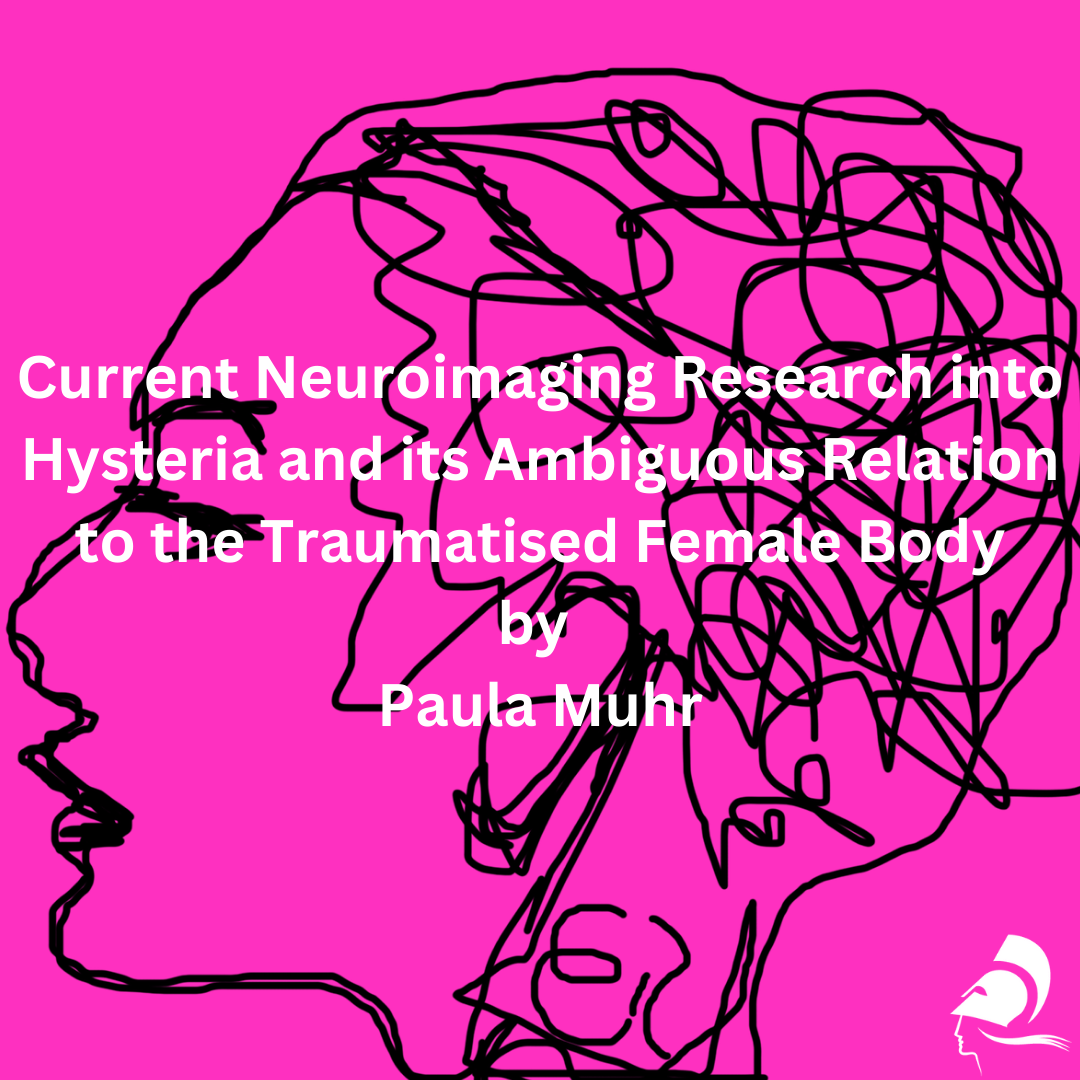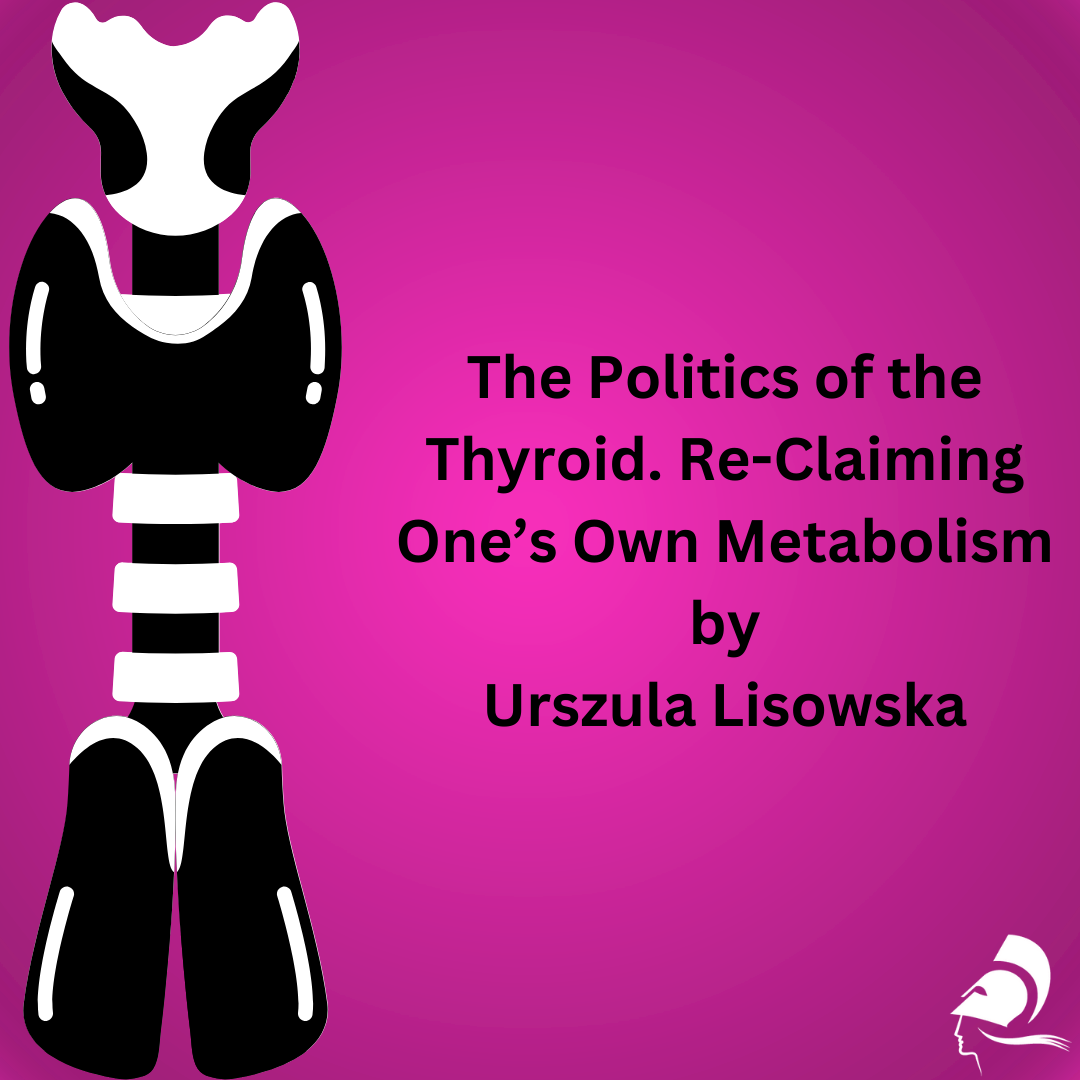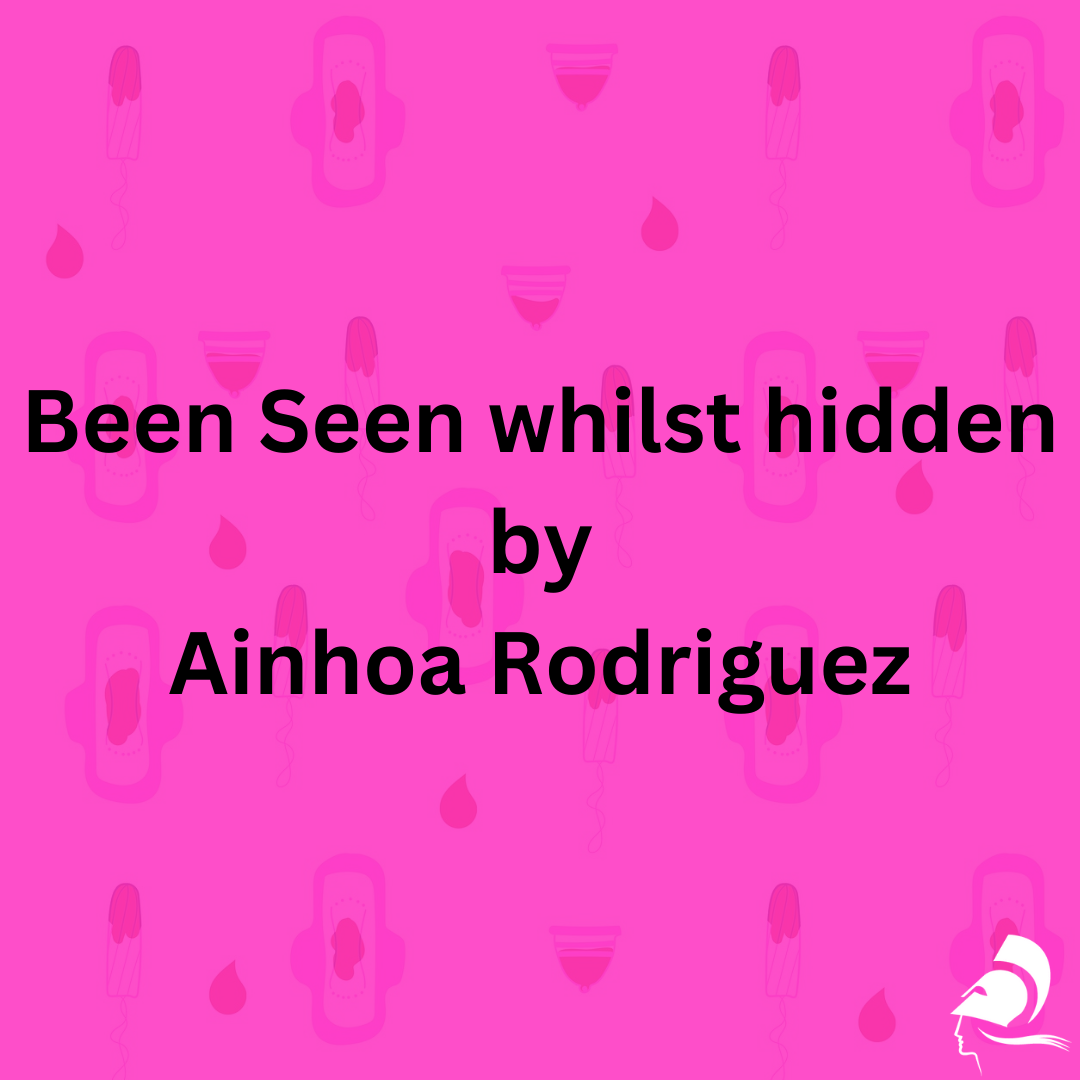Here is the last segment of our Medicine Session!

Paula Muhr is a postdoctoral researcher at the Institute for History of Art and Architecture, Karlsruhe Institute of Technology (KIT) and a visual artist. She studied visual arts, art history, theory of literature, and physics before receiving her Ph.D. in visual studies from the Humboldt-Universität zu Berlin and a postgraduate diploma in fine arts (Meisterschülerin) from the Hochschule für Grafik und Buchkunst Leipzig. Her transdisciplinary research is at the intersection of visual studies, image theory, media studies, science and technology studies (STS), and history and philosophy of science. She examines knowledgeproducing functions of new imaging and visualisation technologies in natural sciences, ranging from neuroscience over medicine to physics.

Urszula Lisowska is Assistant Professor at the Institute of Philosophy at the University of Wrocław. She has published a book on Martha Nussbaum’s capability approach (Imagination, Art and Justice – Martha Nussbaum’s Capabilities Approach as the Foundation
of Egalitarian Liberalism – in Polish; 2017). Her most recent papers appeared in Environmental Values and Environmental Philosophy. Her research focuses on political philosophy and her current interests include the following topics (and their intersections): the foundations of politics in the Anthropocene, the political importance of wonder, as well as (the feminist articulations of) embodied agency.

Ainhoa Rodriguez-Muguruza is a Philosophy of Medicine Ph.D. Student at the University of the Basque Country. Her research analyses the biological, medical and, feminist perspectives on non-normative reproductive health, the functionality of menstrual cycles, and tendencies supporting menstrual suppression through medicalised procedures. At this stage of her research, she has underlined the invisibilisation of menstruating bodies in clinical research, exploring methodological considerations that could prevent menstruating subjects from continuing being misrepresented and that could allow to produce an accurate, inclusive, intersectional, and safe body of research. Her approach is both scientific and phenomenological, proving the interdisciplinary nature of philosophy.
Find all sessions here.
You cannot copy content of this page








